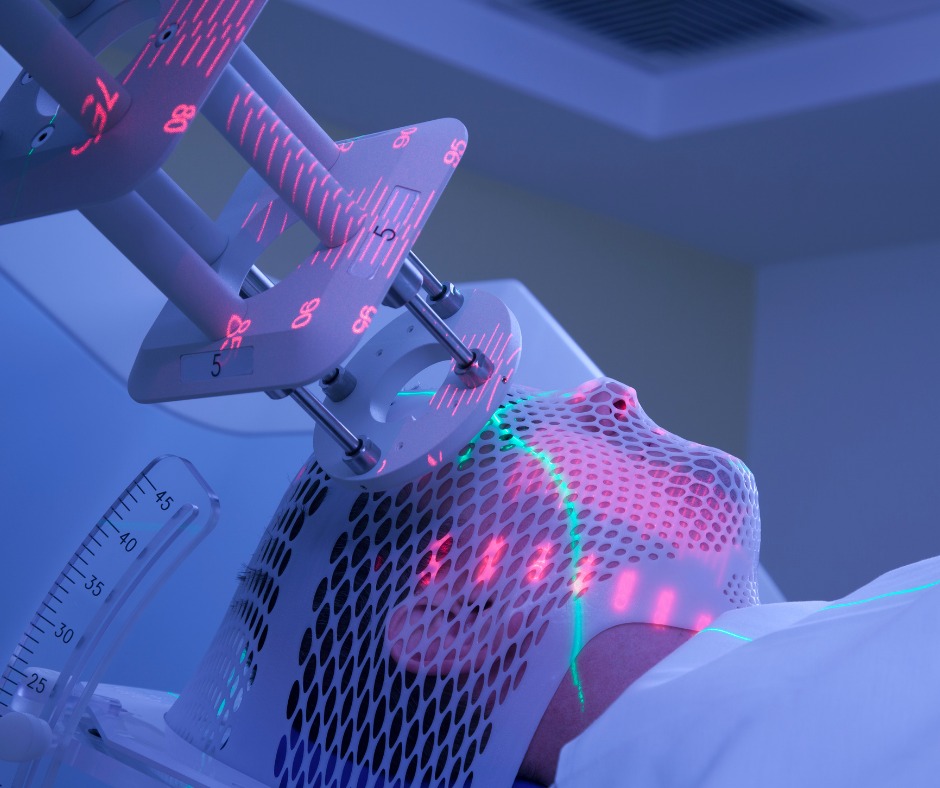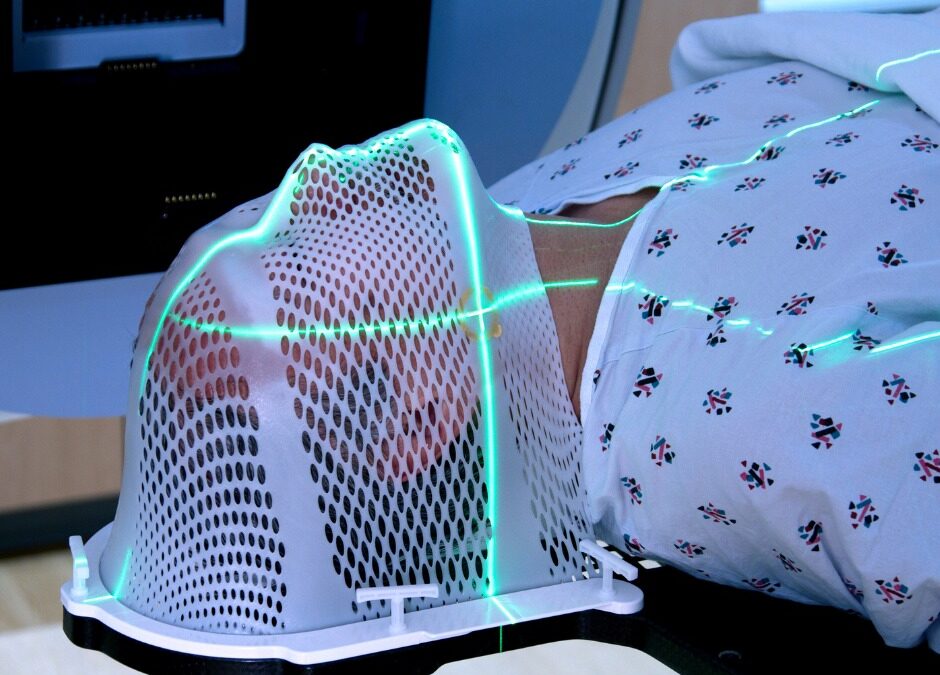Oral cancers are treated with surgical removal of the tumour with 1cm rim of healthy surrounding tissue. Patients that are at risk of having cancer spread to lymph glands are treated by neck dissection. This involves the removal of some or all of the lymph glands from the neck.
However, there is a defined role for radiotherapy after surgery (a.k.a adjuvant radiotherapy) in oral cancer.
Reasons for adjuvant radiotherapy include large primary tumour (more than 4cm or thicker than 10mm with bone invasion), when the rim of tissue surrounding the tumour was insufficient after surgery and the presence of cancer found in lymph glands after surgery.
Two large clinical trails confirmed that the addition of chemotherapy to radiotherapy are beneficial if surgery failed to remove all the tumour or when tumour in the lymph glands spread through the glands outer lining (known as extranodal extension). When chemotherapy is added to adjuvant radiotherapy, the side effects of radiotherapy are more pronounced. Get more information on how to manage the side effects and complications of radiotherapy (link).
Have a open discussion with your Maxillofacial and Oral Surgeon and Oncologist before surgery if you need any further information on radiotherapy after surgery.



